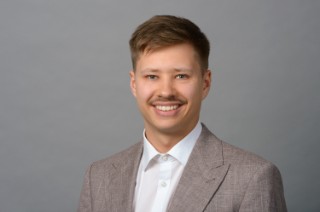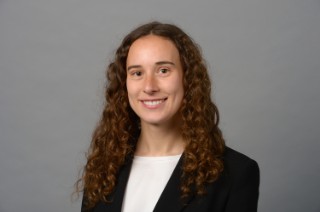Motivation and problem definition
The overarching goal of the Research Training Group (RTG) entitled "Tumor-Targeted Drug Delivery" [2(TD)] is to address current challenges in the development of drug delivery for tumor diseases and to explore therapeutic and theranosetic scenarios that lead to improved patient outcomes and offer a clear perspective for clinical translation.
While the majority of drug delivery research consortia in Germany and Europe primarily focus on novel materials for nanomedicine, 2(TD) will concentrate on medical needs and clinical applications, aiming to systematically identify and overcome pitfalls in the translation of tumor-targeted drug delivery concepts. To this end, the 2(TD) consortium will generate knowledge and foster collaboration at the interfaces of the key fields of tumor biology, chemical engineering, and clinical medicine.
While the majority of drug delivery research consortia in Germany and Europe primarily focus on novel materials for nanomedicine, 2(TD) will concentrate on medical needs and clinical applications, aiming to systematically identify and overcome obstacles in the translation of tumor-targeted drug delivery concepts. The Research Training Group 2(TD) aims to generate fundamental knowledge and translational strategies for improving the treatment of cancer patients with DDS-based targeted drug therapies. The interdisciplinary and international nature of 2(TD) will enhance the quality and visibility of our research and improve the training and career prospects of our doctoral students.
 Fraunhofer Institute for Molecular Biology and Applied Ecology IME
Fraunhofer Institute for Molecular Biology and Applied Ecology IME


